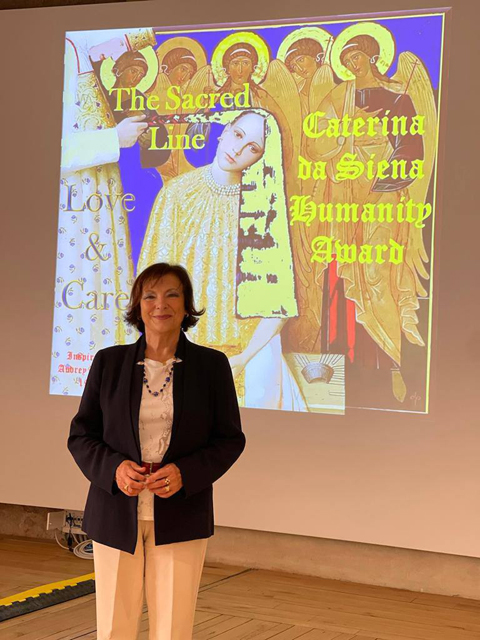
“The particles we found then and keep finding now in vaccines are not biodegradable.” ~ Dr. A. Gatti
Our Hero this week is Italian bionanotechnology expert Dott.ssa. Antonietta Gatti. Here we see her on June 17, 2023, receiving the First International Catherine of Siena Humanity Award for her outstanding research on the impact of nanoparticles on human, animal, and ecological health.
The award was bestowed in the original hospital Santa Maria della Scala, one of the oldest hospitals in Europe and today a museum, in which Saint Catherine of Siena helped the many orphans, lepers, prisoners, and poor people of her time and area, particularly during times of pandemic illnesses of the medieval period.
The location to honor Dr. Antonietta Gatti could not have been chosen with more sensitivity. It is difficult to fully evaluate and describe the importance of Dr. Gatti’s research and contributions to science, pharmacological transparency, human health, and freedom. In our view—and in the view of many who feel the deepest gratitude for her work—she rightly stands in Saint Catherine of Siena’s sacred lineage as one of the outstanding women of faith and service.
Antonietta Gatti is an experimental physicist, nanotoxicologist, nanopathologist, doctor of biomedical technologies, and electron microscopy specialist who has worked at various international universities, as well as on research projects for NASA and the European Scientific Commission.
In 2017, together with her husband, research professor Stefano Montanari, with whom she founded the Laboratory for Nanodiagnostics in Modena, Italy, she published a groundbreaking study that should have had earth-shattering effects on the vaccine industry and regulatory agencies.
The study showed the widespread contamination of vaccines with particulate matter in aggregates and clusters. In the 30 vaccines examined for the study, the two researchers not only found red blood cells of unknown origin but also extensive metal contamination, including lead, chromium, and tungsten. The contamination appeared primarily in the human vaccines, but not in the animal vaccine they analyzed.
Not long after the publication of this revolutionary study, tax authorities raided and investigated Dr. Gatti’s and Dr. Montanari’s laboratory and private home—an all too usual method of intimidation.
For more than 20 years, Dr. Gatti has been exclusively researching and treating “nanopathologies” and so-called “mysterious” diseases. She developed a new diagnostic technique with which to check for the presence of micro- and nano-sized foreign bodies in pathological biological samples, a technique that testifies to what the patient was exposed. Since the rollout of the Covid-19 injections, Dr. Gatti has been on the forefront of experts and involved with study groups that are analyzing the many “unknown ingredients” of the ostensible vaccines.
Her latest book, published together with Prof. Montanari, addresses the impacts of insect food on human health and digestion.
Antonietta Gatti’s work will be a shining light of fearless research and excellent science for many generations to come.
Please consider supporting Dr. Gatti’s work through her Foundation Nanodiagnostics!
Related:
Premiazione Dott.ssa Antonietta Gatti
Study of 2017: New Quality-Control Investigations on Vaccines: Micro- and Nanocontamination
Pathology of New Diseases Induced by Nanomaterials and In Vitro Toxicology. Published by the European Union 2004
Micro- and Nanocontamination in Vaccines: The Gatti Interview by James Lyons Weiler
Metals Debris Found in Vaccine Supply by Robert F. Kennedy, Jr.
Fast-Tracking Mandatory Vaccination While Government and Media Muzzle Scientists by Robert F. Kennedy, Jr.
Book: Nanopathology: The Health Impact of Nanoparticles
Curriculum Vitae of Dr. Antonietta M. Gatti as part of the European Health Commission
Laboratory of Nanodiagnostics in Modena, Italy
Facebook page of Prof. Stefano Montanari
Restituiti a Gatti e Montanari i pc, i documenti e il lavoro di una vita
Catherine of Siena on Wikipedia
Ospedale Santa Maria della Scala in Siena




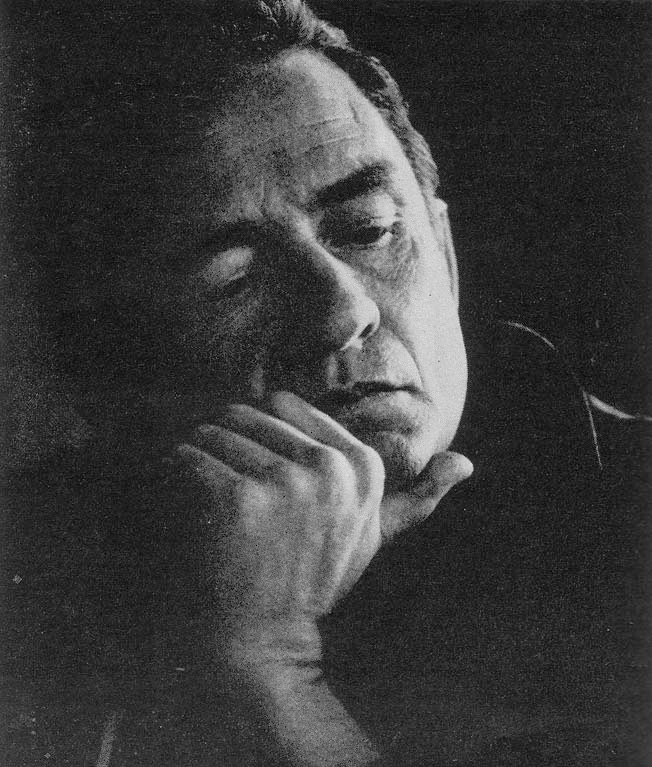
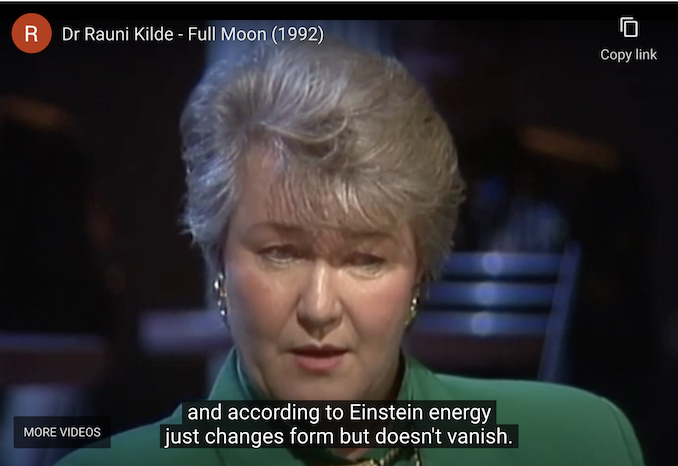

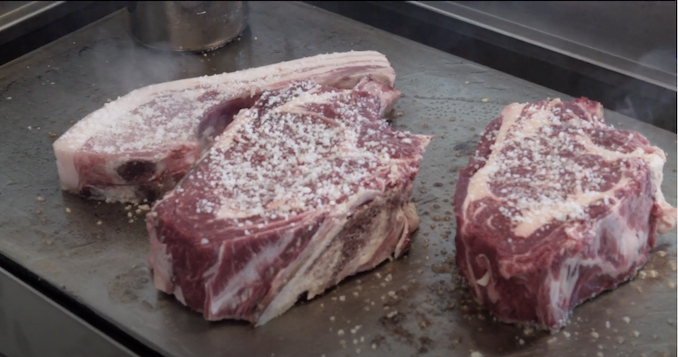
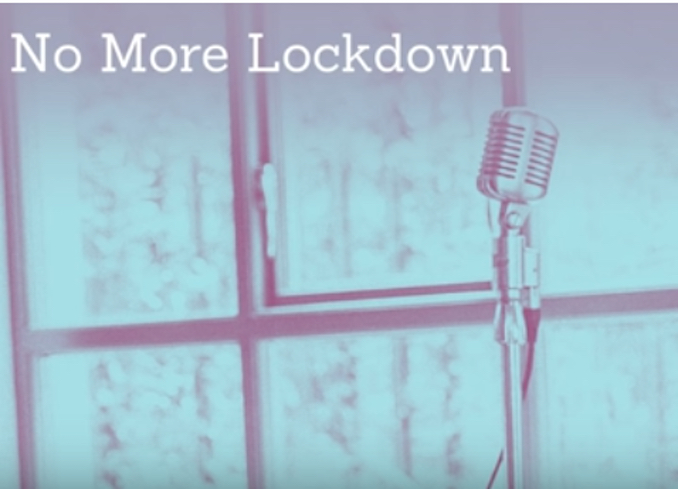
There really are heroes! I would love to read Dr. Gatti’s book “Salute” when it is translated into English by some wonderful person.
Now we know for sure who two of the “good guys” are.